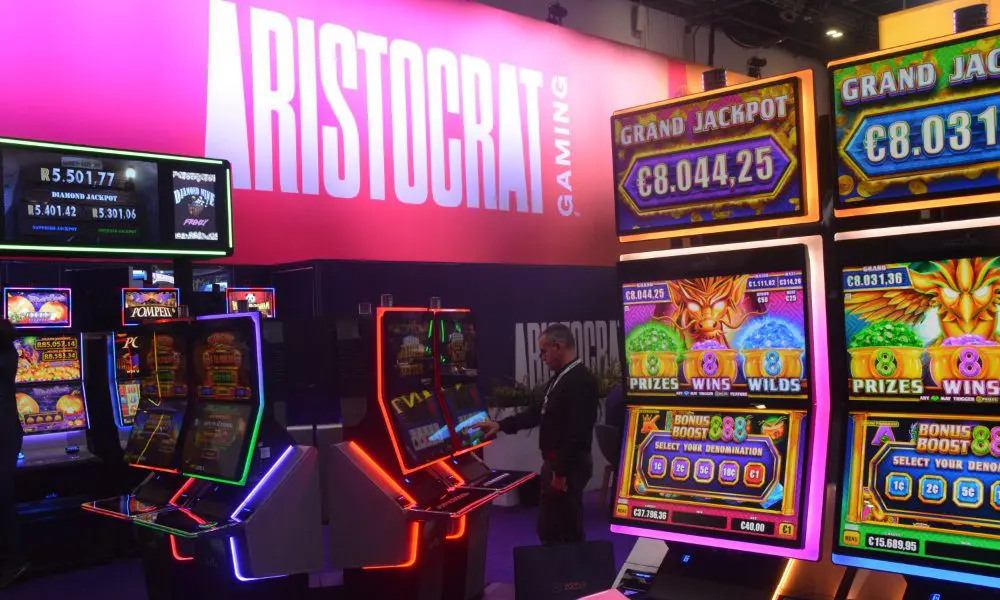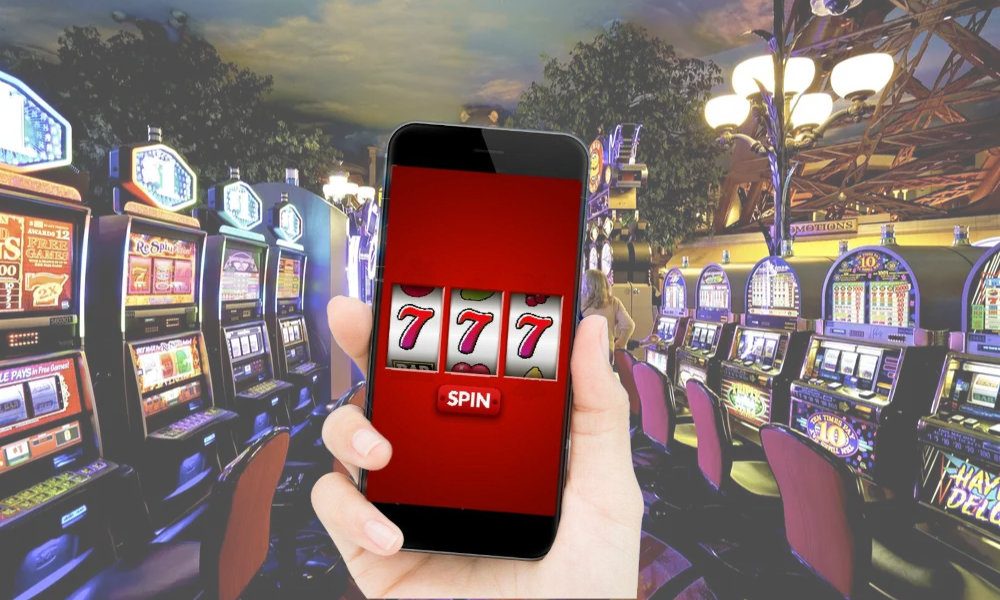Despite their similar core gameplay, online and traditional casino slot machines offer different gaming experiences. Digital platforms have transformed players’ engagement with these games, making slot gacorincreasingly popular alternatives to physical casinos. This shift has created distinct differences between virtual and brick-and-mortar slot experiences, affecting everything from gameplay mechanics to accessibility.
Game variety and themes
- Online platforms typically feature thousands of slot titles compared to the few hundred machines in even the largest physical casinos. Digital developers release new games weekly, incorporating themes from ancient mythology and popular movies. It allows players to switch instantly between games without leaving their seats.
- Traditional casino slots occupy physical space, limiting the variety available. Each machine requires dedicated floor space, power connections, and regular maintenance. Physical casinos must carefully select which games to feature based on popularity and profitability, resulting in fewer options for players but often with more carefully curated selections.
Convenience factor
- Online slots are more accessible than physical slots. It allows play from anywhere with an internet connection, at home, during commutes, or short breaks. This eliminates travel time, parking fees, and exposure to noisy, crowded environments that some players find overwhelming.
- Traditional casino slots require physical presence, which includes planning, travel time, and navigating casino environments. While this represents an inconvenience for some, others value the complete sensory experience of a casino, the sounds, complimentary drinks, social atmosphere, and ritualistic aspects of pulling physical levers or pressing physical buttons.
Payout rates and transparency
- Online slots typically offer higher return-to-player (RTP) percentages than their physical counterparts. It is easier for online operators to offer better odds without the overhead cost of maintaining physical locations. Many online platforms publish their RTP rates, allowing informed decisions about which games to play.
- Physical casino slots often have lower payout rates due to higher operating costs. Finding information about specific machine payout percentages is more difficult in traditional casinos, as this information is rarely displayed prominently on machines.
Social aspects and atmosphere
- Traditional casinos excel at creating immersive environments with distinctive sounds, lighting, and energy. The shared excitement when someone hits the jackpot, the ambient noise of machines paying out, and interactions with other players and staff create a unique atmosphere that online platforms struggle to replicate.
- Online slots lack this physical presence but compensate with features like chat functions, multiplayer tournaments, and community jackpots. Some platforms incorporate social elements that allow players to share wins on social media or compete with friends, creating different social connections.
Payment options and security
- Online platforms offer diverse payment methods, including credit cards, e-wallets, and cryptocurrencies. Transactions happen instantly, allowing players to start immediately after signing up. Depending on the platform’s policies and verification requirements, withdrawals may take time.
- Traditional casinos primarily deal with cash or casino chips, though many now incorporate card systems or ticket-in, ticket-out technology. Physical locations offer the advantage of immediate payouts for winners, allowing players to walk away with their winnings instantly rather than waiting for processing times.
By weighing these differences, players choose the option that best fits their preferences: the convenience and variety of online slots or the immersive experience of traditional casino environments.




